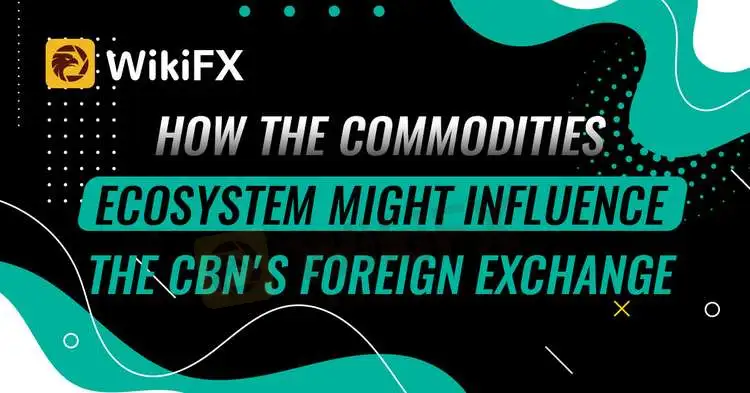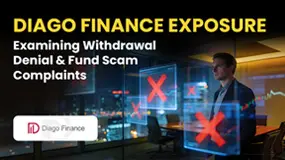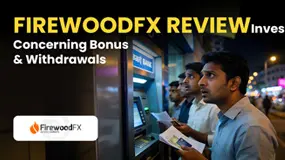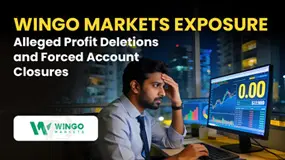Abstract:Bankers and other financial market participants in Nigeria have highlighted commodity ecosystem deployment as a mechanism for the Central Bank of Nigeria (CBN) to meet its objective to earn up to $200 billion yearly from non-oil exports over the next three to five years under its RT 200 FX policy.

Bankers and other financial market participants in Nigeria have highlighted commodity ecosystem deployment as a mechanism for the Central Bank of Nigeria (CBN) to meet its objective to earn up to $200 billion yearly from non-oil exports over the next three to five years under its RT 200 FX policy.
The stakeholders who assembled at a breakfast meeting organized by the Lagos Commodities and Futures Exchange (LCFE) over the weekend agreed that the proper use of Nigeria's commodities ecosystem provides the abundant potential for the apex bank to produce currency from non-oil exports.
Olugbenga Awe, Divisional Head, Agribusiness, Natural Resources, and Project Development at Heritage Bank, highlighted in his presentation that the Nigerian economy had been well-diversified, except for the sources of forex.
According to Awe, who spoke at the 'The Opportunities for Financial Institutions in the CBN RT 200 FX' event, a commodities exchange is a risk management tool.
According to him, the capacity to match global standards and demand is the most difficult hurdle facing Nigerian non-oil product exports. He noted that if Nigerian non-oil products satisfy global standards, they might improve foreign profits.
“This is where commodity exchanges come into play.” Any product with an electronic receipt that is exchanged on a commodities market must be of global quality.
“Banks are prepared to assist exporters if they satisfy specific requirements, such as a track record of success, export volume and frequency, payment methods, product sourcing strategy, risk mitigation, and seasonality, among others.”

Bode Abikoye, Managing Director of Agvest Nigeria, agreed, noting that commodity prices provide insulation from the consequences of inflation.
“Many experts advocate investing a portion of your portfolio in commodities as a diversifier asset class.”
Furthermore, some commodities, such as precious metals and energy items, tend to be ideal inflation hedges.
Investors divide commodities into two types: hard and soft. Metals such as gold, copper, and aluminum, as well as energy goods such as crude oil, natural gas, and unleaded gasoline, need mining or drilling.
“Soft commodities” are agricultural products such as maize, wheat, soybeans, and livestock. Commodities have a low to negative correlation with traditional asset classes such as equities and bonds.
“The major reason commodities prices fluctuate is due to supply-and-demand dynamics.” When a crop has a large harvest, its price normally falls, but drought circumstances might cause prices to climb due to worries that future supplies would be fewer than predicted, Abikoye explained.
Hajara Adeola, Chief Executive Officer of Lotus Capital, explained in her presentation on 'The Potentials of Non-Interest Financial Instruments to Finance Commodities Ecosystem' that non-interest financial instruments were based on managing businesses on moral principles, and that they offer many benefits to investors.
Akin Akeredolu-Ale, Managing Director of LCFE, explained in his welcome remarks that a commodities exchange would always come in by catalyzing an enabling environment, alignment of relevant stakeholders, a transparent trading platform, certification and standardization, data and price discovery, an enabling environment for price discovery, and a regulatory framework.











